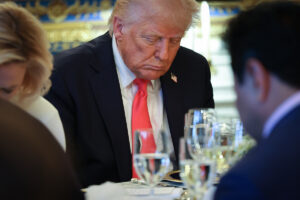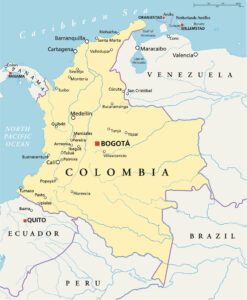Global Efforts to Synchronize Easter Celebrations

In a quest to unify Easter celebrations worldwide, the World Council of Churches (WCC) has unveiled a paper that delves into potential methods for Christians globally to observe Easter on the same date.
For the past 500 years, Western Protestant and Roman Catholic churches have adhered to a different calendar from their Eastern Orthodox counterparts. This divergence often leads to differing dates for Easter and other Christian celebrations between the two traditions.
Interestingly, this year marks a rare occasion where both Western and Eastern churches will celebrate Easter concurrently, an event last witnessed in 2017.
In light of this, the WCC has introduced a Faith and Order paper titled “Towards a Common Date for Easter”.
The timing of this release is significant as it aligns with the 1,700th anniversary of the Council of Nicaea, which first broached the subject of a unified Easter celebration.
The document features insights from four different church traditions, each offering perspectives on how a common date could be established.
Dr. Johannes Oeldemann, contributing a Roman Catholic viewpoint, highlights that even within a single denomination, Easter celebrations can vary by local context.
Dr. Oeldemann points out that Roman Catholics residing in predominantly Eastern Orthodox areas, or those with Orthodox spouses, often align their Easter celebrations with the Orthodox calendar instead of the Roman schedule.
“In families where one spouse is Catholic and the other Orthodox, different dates for Easter pose a major challenge because the fasting periods and feast days differ. Catholics, therefore, consider the question of Easter primarily from a pastoral point of view.”
Dr. Sandra Beardsall, moderator of the Nicaea 2025 steering group of the WCC’s Commission on Faith and Order and co-editor of the paper, expressed her hopes: “We hope these offerings—which include historical depth, rich reflection, and exciting practical suggestions—may help animate the churches of the world and Christians in their own contexts to work with one another toward a common celebration of Easter.”
This article was originally written by www.christiantoday.com






